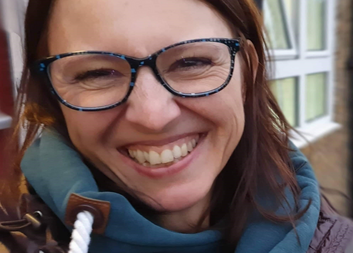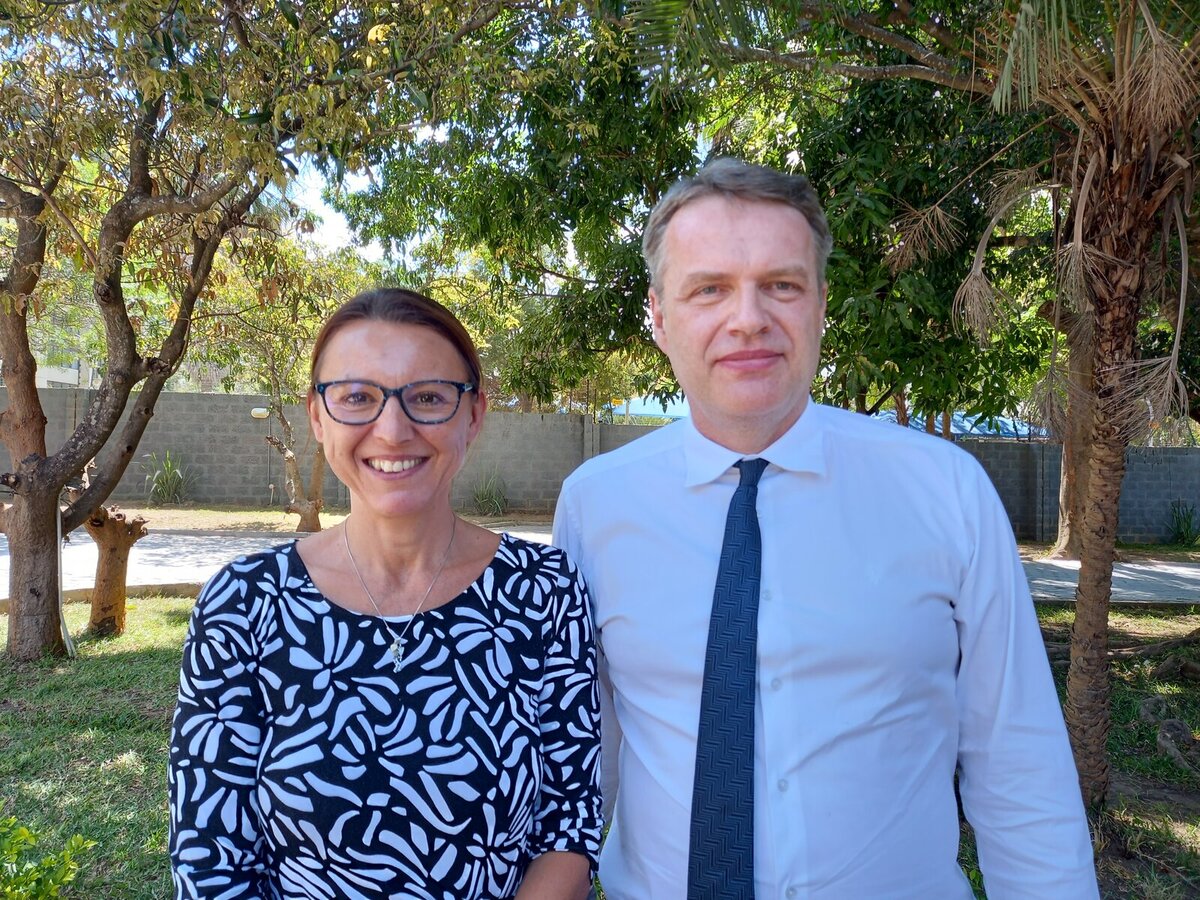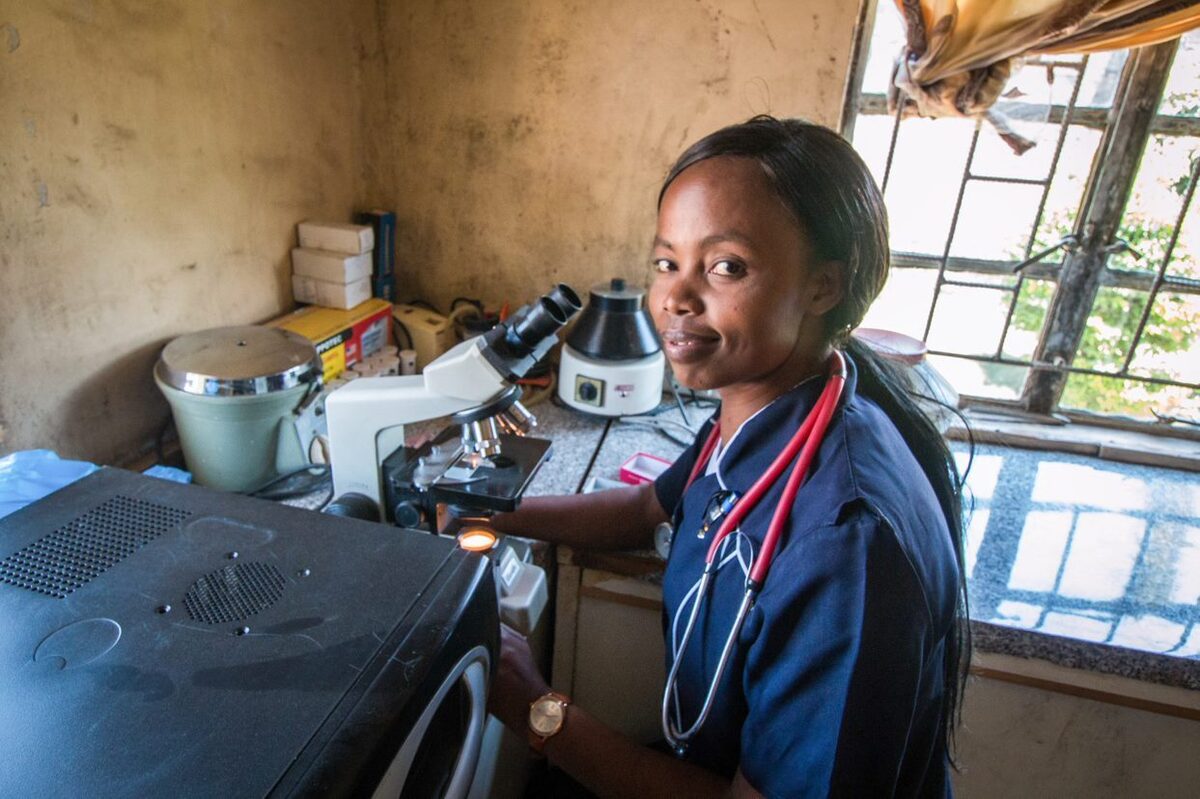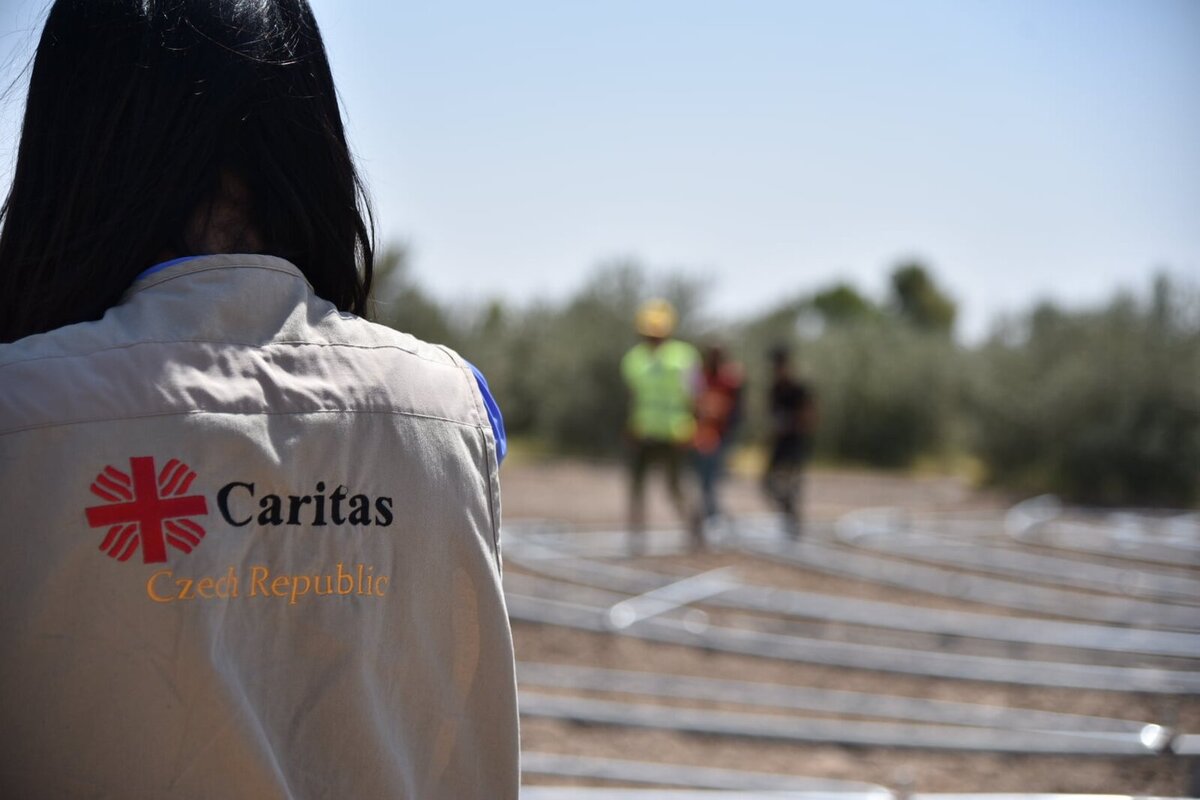Jitka Jandáková works as a Financial Director of Caritas Czech Republic. As she says, financial planning and controlling are much more demanding than in a commercial company. It is necessary to meet the requirements of donors to ensure efficient and meaningful use of finances and, most importantly, to account for everything down to the last penny. Transparency is absolutely key. How does the financing of Caritas Czech Republic work and how does the organisation use its funds? This is what we talked about with Jitka.
Funding of non-profit organisations varies from one entity to another. How exactly is Caritas Czech Republic financed?
Generally speaking, non-profit organisations are typically funded from four sources. This is also true for Caritas Czech Republic. Firstly, it is institutional grants, then donations, whether from individual or corporate donors, and the third source of income is own economic activity. The last area from which we receive income are donations from the founder or funds from the Caritas network.
Is it possible to say which is the main source?
It is no doubt institutional grants. In the area of the Caritas's international development and humanitarian aid work, it accounts for well over 90 %, with the next source being donations from individual donors and also from our own economic activity. As far as the work in the Czech Republic is concerned, most of the resources come from grant programmes for social and health services, whether regional or state. This is mainly due to the fact that Caritas is the largest non-state provider of these services in the country. Speaking about Caritas Czech Republic as a whole, then about 70 % of our financial resources come from grants.
It is clear that Caritas' activities are to a huge extent financed from grants. What exactly does this mean for the actual provision of assistance to people in need?
Grants have very strict rules, which vary not only in different regions, but also according to the type of grant programme and, of course, the type of institution providing the grant. A regional office will have different rules than the UN or the EU. At the same time, grant programmes overlap and, for example, in the area of social and health care, it is sometimes not easy to determine which programme to include a given client in.
From the point of view of securing funding and, more importantly, of subsequent accounting, this disparity means very complex and demanding work, because it is always necessary to account for literally every penny, every service provided, every client.
How easy is it to get a grant? What are the conditions for an organisation to apply for a grant?
Donors are mainly interested in the applicant organisation's experience with similar activities, the number of successfully completed projects, and the financial volume of these projects. Of course, they are also interested in the countries in which the organisation operates, and whether they have sufficient staff capacity to manage the project, and can arrange everything needed to implement the activity.
If Caritas Czech Republic decides to build a hospital in Georgia, for example, it must not only prove that it has experience in building hospitals, that it operates efficiently and spends money economically and effectively, but also that it has sufficient staff capacity on the ground, can secure the purchase of land, select contractors and so on.
From the financial perspective, it is then necessary to demonstrate that the organisation keeps accounts, and separate accounts for its various activities, and that it has a demonstrable and workable structure and methodology for this purpose, including in terms of the allocation of indirect and administrative costs.
What do you mean by indirect costs?
These are costs that are not directly linked to a specific project but are incurred in connection with the running of the project. For example, the number of projects affects how many accountants work in the office. The more projects there are, the more accountants there will be, of course. There are also communication and fundraising costs to be taken into account, which include, for example, the actual writing of project applications.
Then there are administrative costs, which exist regardless of the project. For example, the Caritas office operates regardless of whether a particular project is running or not. There is still costs related to the operation of the office such as utilities and other similar costs to pay.
But indirect costs can be covered by the projects themselves.
Yes, but it has to be made very clear up front how these costs are included in the projects and what proportion of the grant volume they take up. These are all things that need to be documented and provided to donors with the grant application, and that must meet the requirements of the specific grant.
But indirect costs are necessarily only a small part of Caritas expenses, aren't they?
Certainly, the main costs are of course those that are directly related to the fulfilment of the Caritas aim and the project in question. As far as public collections are concerned, at least 95 % of the money raised goes to the purpose for which the collection was announced. This percentage is even fixed by law. In the case of projects, direct donations account generally for 93 % and indirect ones for 7 %.
How is it checked that the funds actually went for the purpose for which they were granted? Or, in the case of individual donors, that the money they send to a particular collection or project actually goes where it is supposed to?
In every project, it is necessary to support every expense with an accounting document containing all the legal requirements, but it is also necessary that the expense makes sense in the context of the project. This means, whether the money was used in a meaningful, efficient and economical way. If we need one computer to carry out an activity, we cannot buy two. If we need bicycles, we can't buy a car. Nor do we buy anything at a price that is out of the ordinary. If that were the case, the donor would not recognize the expense. Of course, we also need to prove the cost of employees and associates.
Does this mean that we have to provide the donor with all the accounting for the activity to which they have contributed?
Yes. Many donors require their own external audit of a specific project. Often it is even the case that as an organisation we have to provide an external audit of the project ourselves, while at the same time another audit is taking place on the donor's side. In addition, Caritas Czech Republic has an annual statutory audit, which focuses not only on individual projects, but comprehensively on all financial matters of the entire organisation. This is a statutory audit and is carried out by a certified auditor.
Caritas Czech Republic therefore undergoes many audits every year.
Exactly, there are audits of individual projects and then the aforementioned statutory audit of the entire organisation. Audit activity in a non-profit organisation is very extensive, demanding and complex. Ensuring that donors' money is used efficiently, effectively and meaningfully is the very basis of Caritas Czech Republic functioning.
Thank you for talking to us.










